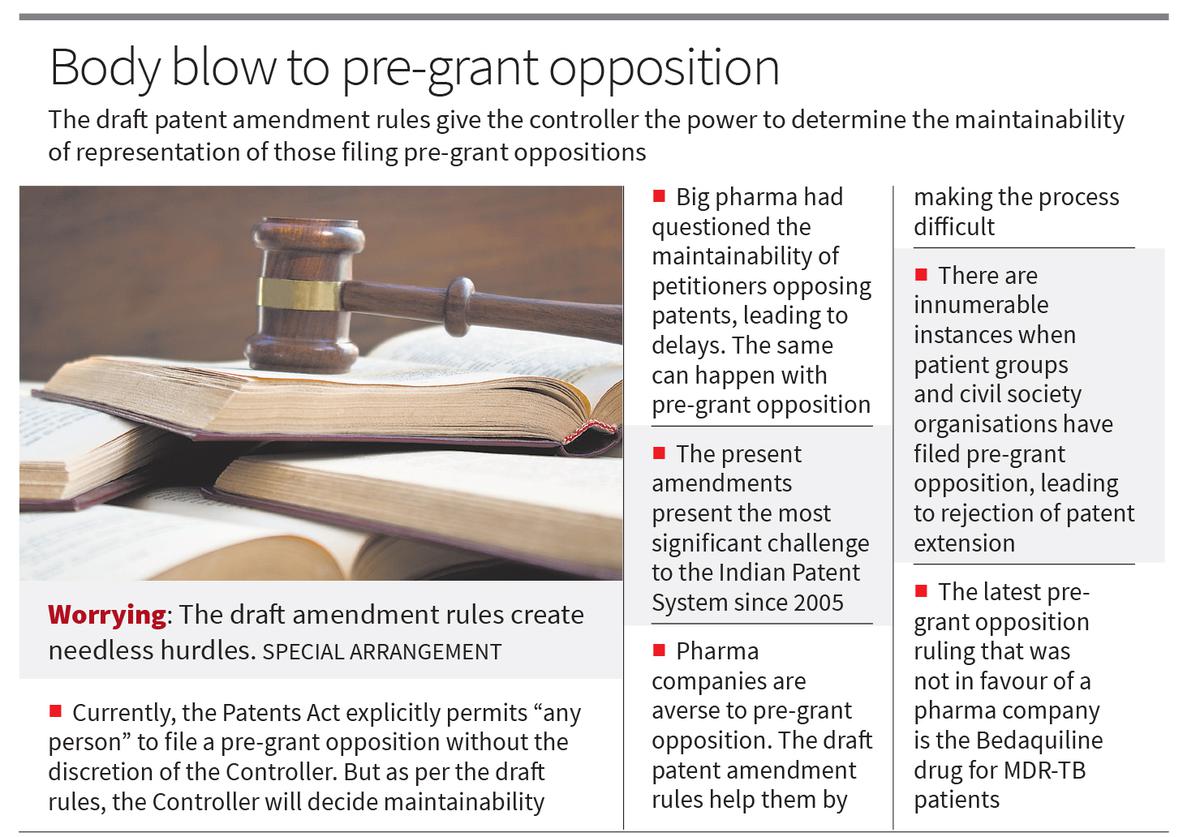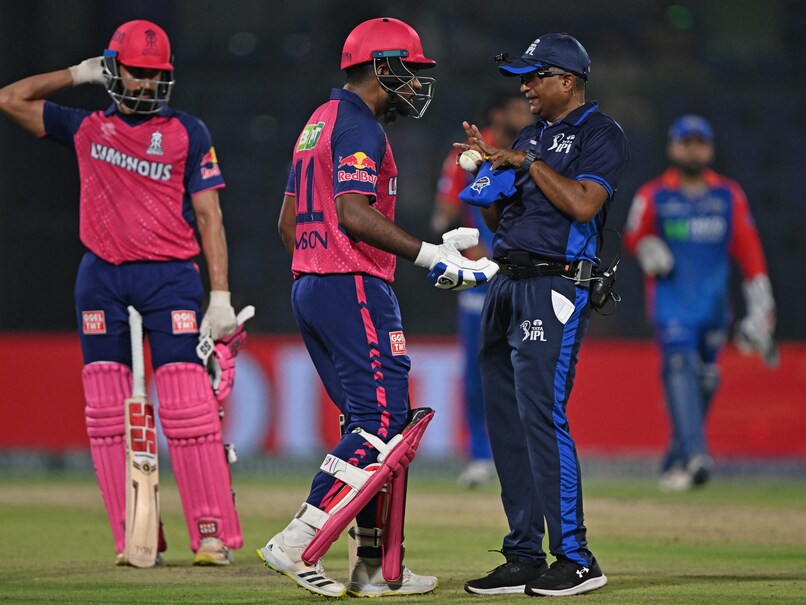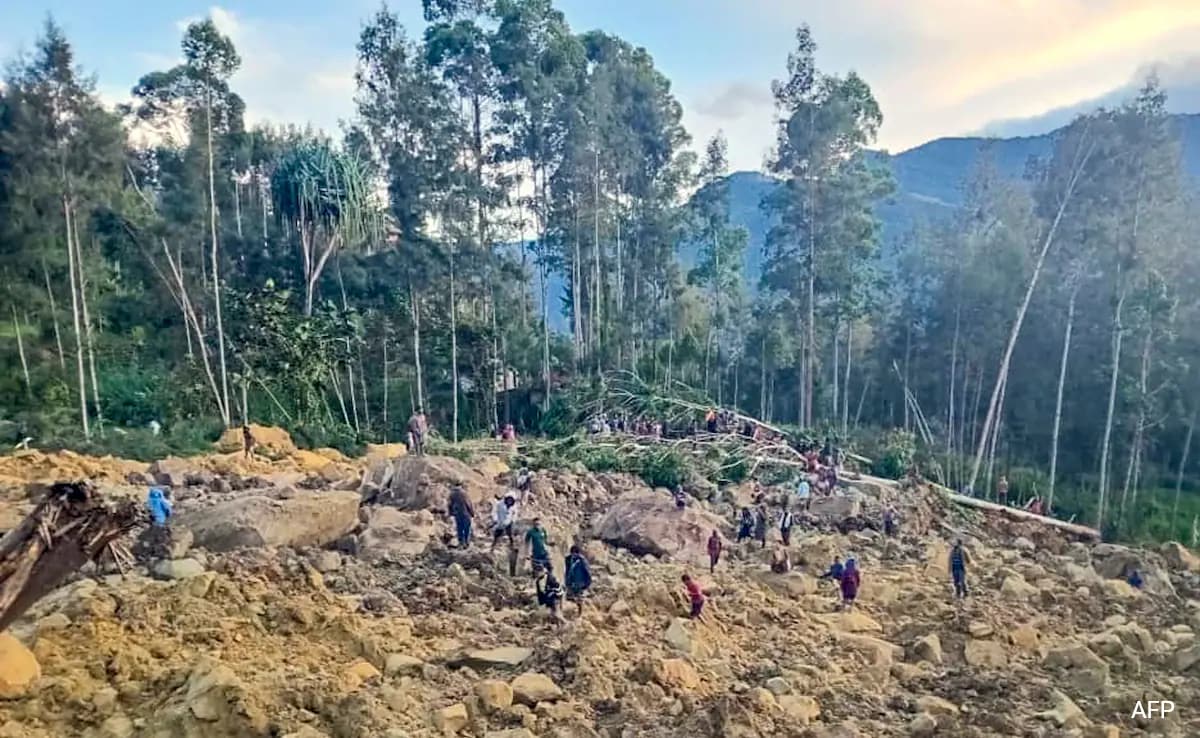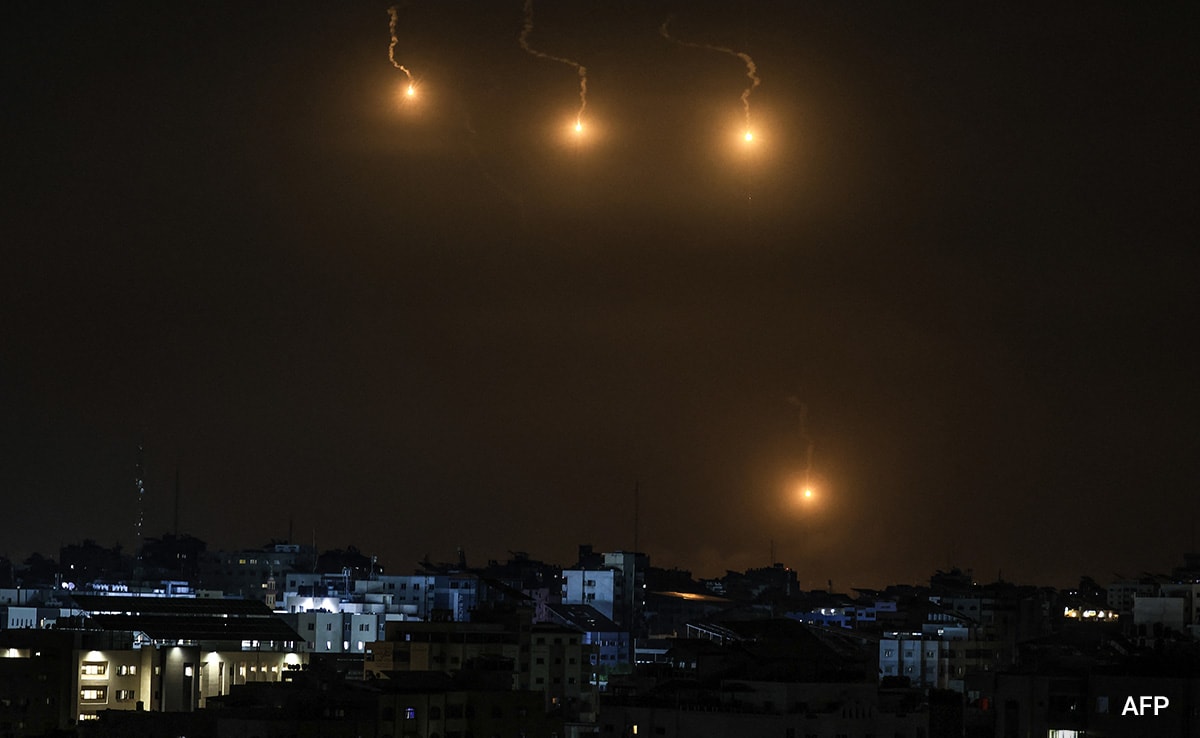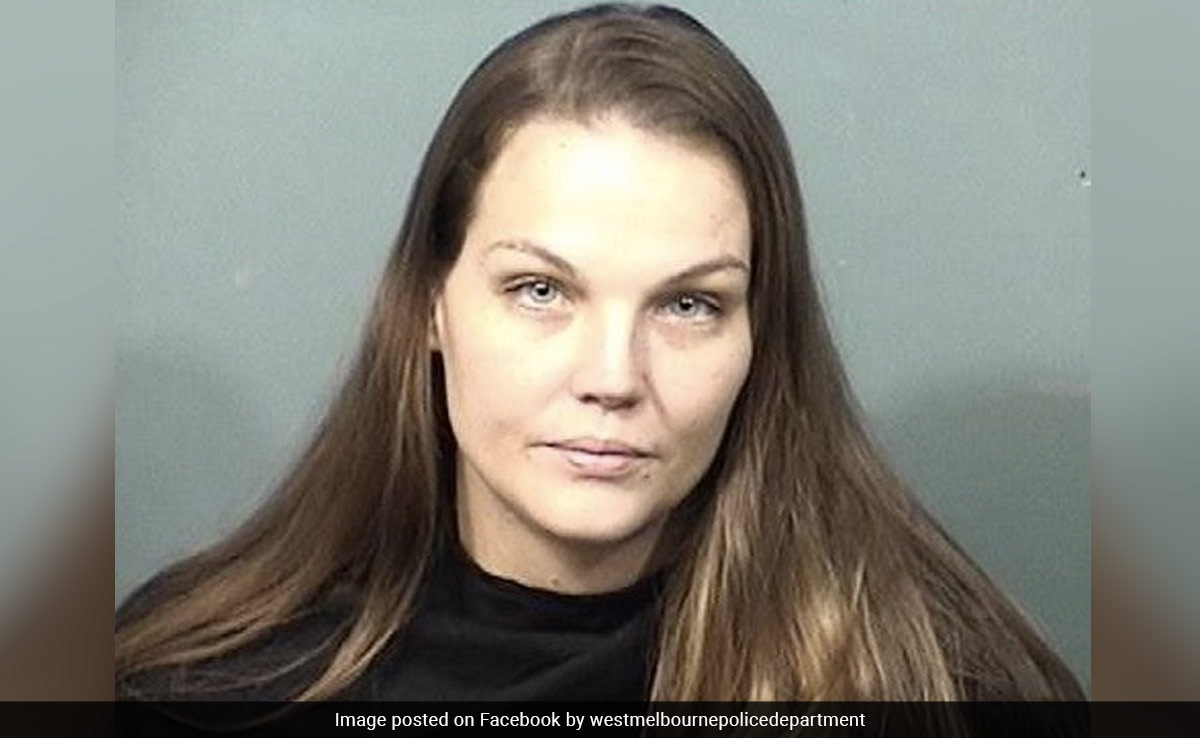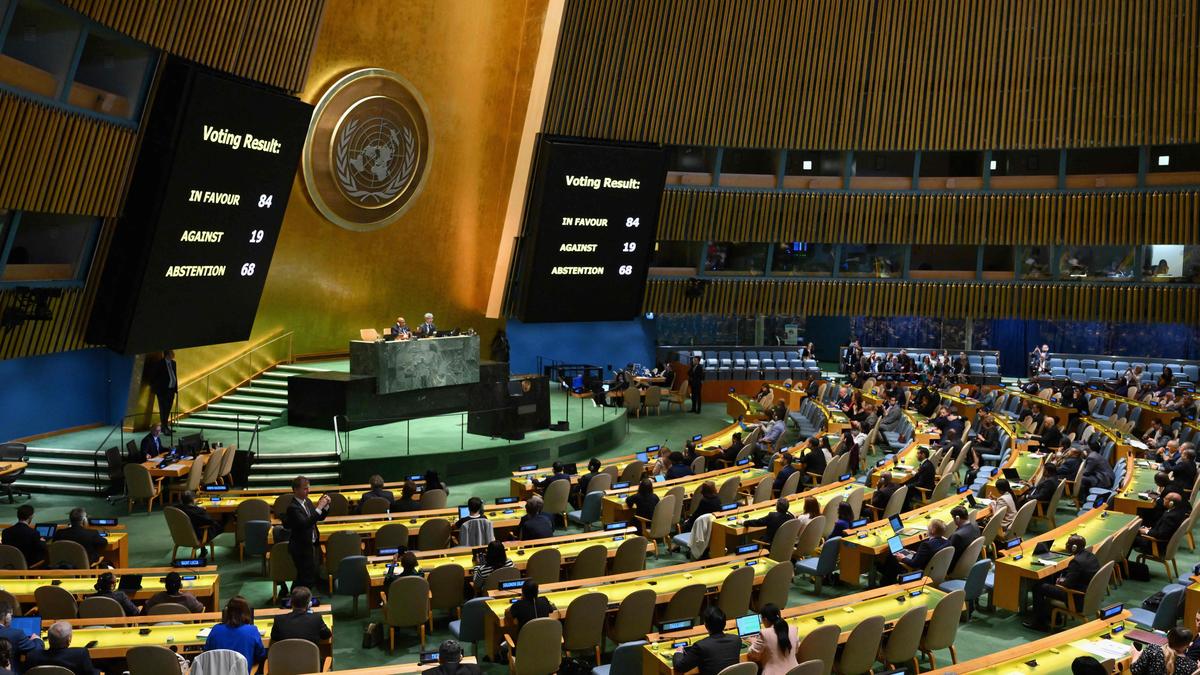Kremlin spokesman Dmitry Peskov. File
| Photo Credit: AP
The Organisation for the Prohibition of Chemical Weapons (OPCW) said on May 7 that information it had received until now on alleged chemical weapons use in Ukraine was “insufficiently substantiated.”
Also read:Explained | Chemical and biological weapons: what international regulations bind Russia?
The OPCW also said it had not yet received an official request to investigate any claims after the United States accused Russia last week of using the toxic agent chloropicrin against Ukrainian troops.
“Both the Russian Federation and Ukraine have accused one another and reported allegations of use of chemical weapons to the Organisation,” the OPCW said in a statement.

“The information provided to the Organisation so far by both sides, together with the information available to the Secretariat, is insufficiently substantiated,” the group added.
The OPCW nevertheless described the situation as “volatile” and “extremely concerning regarding the possible re-emergence of use of toxic chemicals as weapons.”
Last week, the U.S. State Department accused Russia of having used a chemical weapon against Ukrainian forces in violation of the Chemical Weapons Convention (CWC).
In addition to the chemical agent chloropicrin, Russia also used “riot control agents [tear gas] as a method of warfare in Ukraine, also in violation of the CWC,” the department said in a factsheet.
Chloropicrin is an oily liquid with a pungent odour known as a choking agent that was widely used during World War I as a form of tear gas.
The U.S. Centers for Disease Control and Prevention label it a “lung-damaging agent” that can cause severe irritation to skin, eyes and respiratory systems.
The OPCW specifically prohibits its use.
Although it does produce tears and is sometimes referred to as a tear gas, it is not classed as a riot control agent.
The Kremlin hit back immediately at the allegations, with spokesman Dmitry Peskov saying they “sound completely baseless and unsubstantiated.”
Russia has said it no longer possesses a military chemical arsenal, but the country faces pressure for more transparency over the alleged use of toxic weapons.
Moscow has signed and ratified the CWC, which outlaws the production and use of chemical weapons.
“Russia has been and remains committed to its obligations under international law,” Mr. Peskov said last week.
The OPCW recalled in its statement that a member of the body would have to formally request an investigation of any allegation regarding chemical weapons use.
“So far, the Secretariat has not yet received any such request for action,” the OPCW said.
“We will continue to monitor the situation and maintain our readiness to deploy.”


